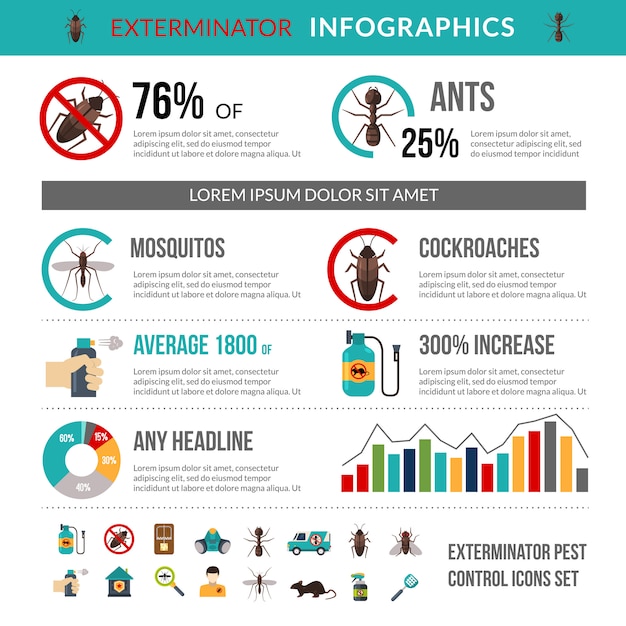Tips For Homeowners: Just How To Maintain Rodents Out Of Your Attic
Tips For Homeowners: Just How To Maintain Rodents Out Of Your Attic
Blog Article
Post By-Silver Hutchinson
Picture your attic as a comfortable Airbnb for rats, with insulation as cosy as resort cushions and electrical wiring much more tempting than space solution. Currently, think of these undesirable visitors tossing a wild celebration in your home while you're away. As a house owner, guaranteeing your attic is rodent-proof is not nearly assurance; it's about protecting your home and liked ones. So, what simple actions can you take to secure your refuge from these fuzzy trespassers?
Inspect for Entry Information
To start rodent-proofing your attic, inspect for entrance factors. Start by https://www.sacbee.com/news/local/article265166451.html analyzing the outside of your home, seeking any kind of openings that rats can make use of to get to your attic. Check for gaps around utility lines, vents, and pipes, along with any type of fractures or holes in the foundation or house siding. See to it to pay very close attention to locations where different building materials meet, as these prevail access points for rodents.
Additionally, check the roof covering for any type of damaged or missing roof shingles, in addition to any type of spaces around the sides where rodents could press with. Inside the attic, look for indicators of existing rodent task such as droppings, chewed cables, or nesting materials. Use a flashlight to extensively examine dark edges and covert rooms.
Seal Cracks and Gaps
Examine your attic room extensively for any kind of cracks and spaces that require to be sealed to stop rats from going into. Rats can squeeze through also the smallest openings, so it's vital to secure any kind of potential entrance points. Examine around pipes, vents, cords, and where the wall surfaces meet the roof. Make use of a combination of steel woollen and caulking to seal these openings efficiently. Steel wool is an outstanding deterrent as rodents can not chew via it. view website that all gaps are tightly sealed to reject accessibility to unwanted pests.
Do not ignore the relevance of securing gaps around windows and doors too. Usage weather removing or door sweeps to secure these locations effectively. Check the locations where utility lines go into the attic room and seal them off utilizing an ideal sealer. By taking the time to secure all fractures and spaces in your attic, you produce a barrier that rats will discover hard to violation. Prevention is type in rodent-proofing your attic, so be complete in your initiatives to seal off any prospective entry points.
Remove Food Sources
Take aggressive measures to get rid of or save all possible food resources in your attic to discourage rodents from infesting the room. Rats are brought in to food, so eliminating their food resources is vital in keeping them out of your attic.
Here's what you can do:
1. ** Store food safely **: Prevent leaving any type of food products in the attic room. Shop all food in closed containers constructed from steel or heavy-duty plastic to prevent rodents from accessing them.
2. ** Tidy up particles **: Get rid of any type of heaps of debris, such as old newspapers, cardboard boxes, or timber scraps, that rats can make use of as nesting product or food resources. Maintain the attic clutter-free to make it less appealing to rats.
3. ** Dispose of waste effectively **: If you utilize your attic room for storage and have garbage or waste up there, make certain to throw away it regularly and appropriately. Decaying trash bin draw in rats, so maintain the attic clean and devoid of any natural waste.
Conclusion
In conclusion, keep in mind that an ounce of prevention deserves a pound of cure when it pertains to rodent-proofing your attic.
By taking the time to inspect for entrance factors, seal splits and voids, and get rid of food sources, you can maintain unwanted insects at bay.
Bear in mind, 'An ounce of prevention deserves an extra pound of treatment' - Benjamin Franklin.
Keep proactive and safeguard your home from rodent infestations.
